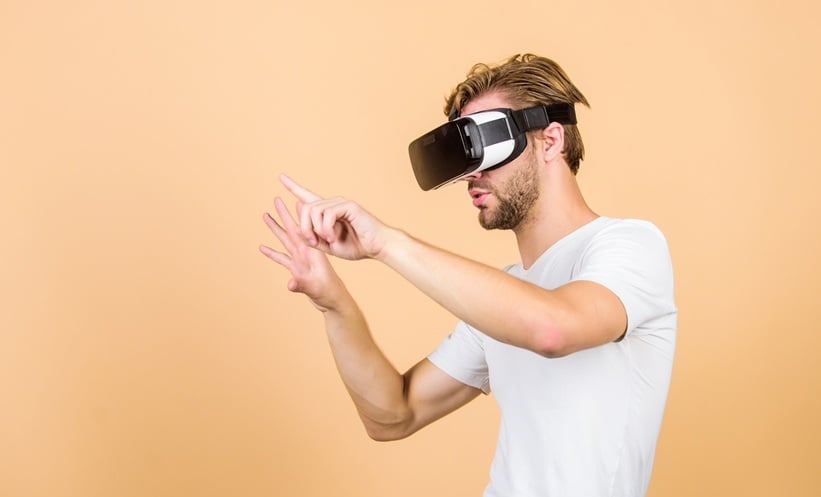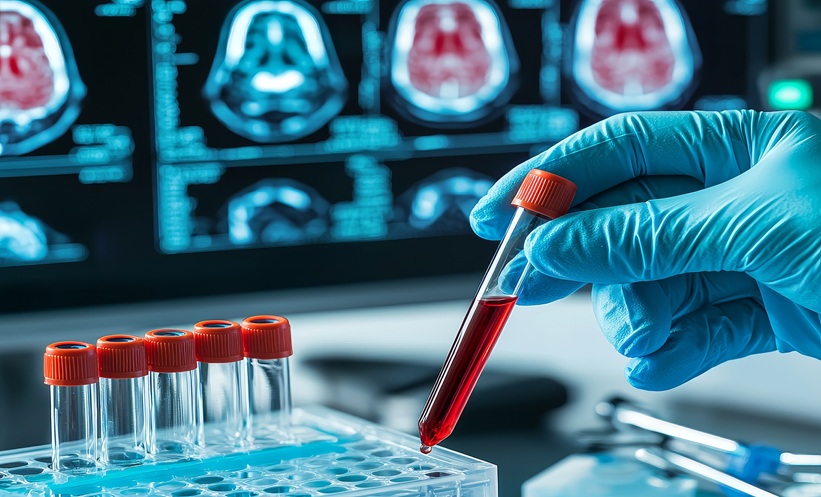Combined Stimulation Enhances Mindfulness Effects
A SINGLE session combining transcranial direct current stimulation (tDCS) and virtual reality-based mindfulness (VR mindfulness) may enhance attention regulation and inhibitory control by reducing autonomic arousal, new research suggests.
In this randomized, double-blind study of 107 healthy adults, participants were divided into five groups receiving VR mindfulness or VR mind wandering, paired with either active or sham tDCS, or no intervention. The active tDCS group received a 2 mA current for 20 minutes, with electrodes placed over the F3 and F4 regions.
Researchers evaluated sustained attention and emotional control using the Sustained Attention to Response Task and the Emotional Stroop Test. While cognitive task performance did not significantly differ between groups, physiological data revealed reduced autonomic activation in participants who received both active tDCS and VR mindfulness. This effect was not observed in other groups, suggesting that brain stimulation may enhance the calming physiological effects of mindfulness practice.
Understanding tDCS and VR Mindfulness in Cognitive Research
Transcranial direct current stimulation is a non-invasive brain stimulation technique that modulates neuronal activity, while virtual reality-based mindfulness immerses individuals in controlled environments that promote focus and relaxation. Together, these interventions could represent a novel approach for improving attention and emotional regulation in both healthy individuals and clinical populations.
The findings highlight the importance of exploring multi-session protocols and broader participant groups to clarify how combined tDCS and mindfulness may influence cognitive performance and stress-related outcomes.
Implications for Future Clinical Applications
Although a single session did not significantly alter attention test results, the physiological changes observed suggest potential long-term benefits. Researchers note that sustained training and individualized protocols may unlock new opportunities for integrating brain stimulation and mindfulness in cognitive rehabilitation and mental health therapy.
Reference: Freire-Santos F et al. The impact of transcranial direct current stimulation combined with virtual reality-based mindfulness on attention and inhibitory control in healthy individuals. Int J Clin Health Psychol. 2025;25(4):100631.








